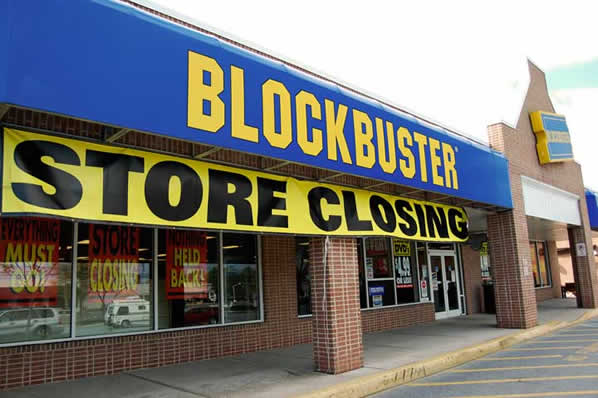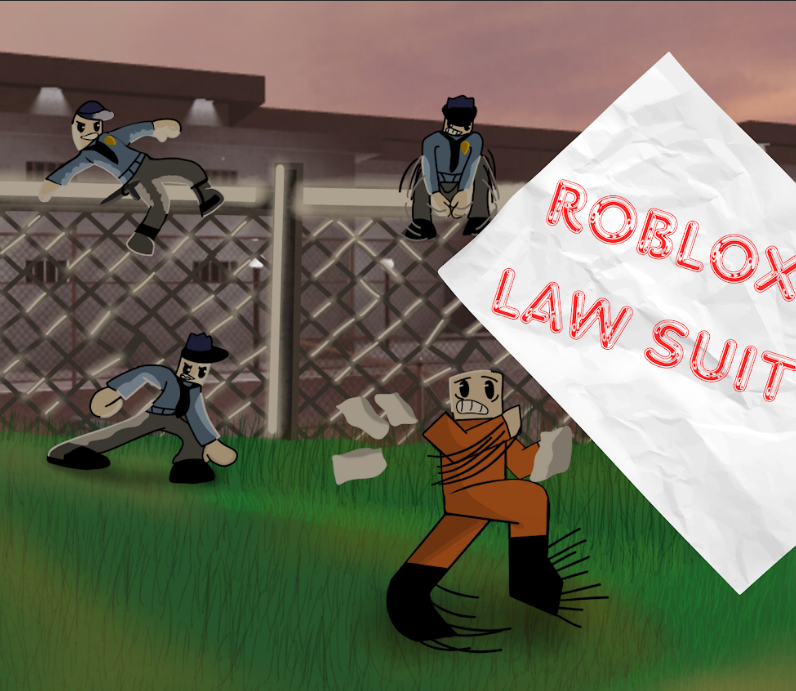Things That Will Soon Disappear Forever
Maddie Fossitt
For the last decade, the world has progressed in unimaginable ways because of technology and new innovations. As we progressed, society’s ‘old ways’ were replaced, which left behind a bunch of dusty artifacts from the past. Here is a list of things society use to use that will likely become extinct:
Blockbuster
Ten years ago, thousands of Blockbuster Video stores occupied small spaces in plazas all over the country. The concept of Blockbuster is most similar to today’s RedBox, but the store also sold popcorn, candy and soda to accompany people’s movie rental. Though it was like downsizing an entire movie theatre into one media room, Blockbuster stores began to close their doors in response to their biggest rival: Netflix. Few locations remain open, but these stores are true hidden gems of American culture.
Fun Fact: John Antioco, the CEO of Blockbuster, had the opportunity to buy Netflix, but decided not to.
Edison Light Bulb
Before a few years ago, the standard 60-watt and 100-watt bulbs were the mainstay of every U.S. home. With the green movement and all-things-sustainable-energy crowd, the Compact Fluorescent Lightbulb (CFL) is replacing the older, Edison-era incandescent bulb. A new energy bill plans to phase out incandescent bulbs in the next four to 12 years in order to conserve more energy.
Handwritten Letters
At one time, receiving a handwritten letter in the mail from a loved one was a special surprise. Today, emails and text messages have replaced pen and paper as the primary form of communication.
Honey Bees
The survival of the honey bee is necessary for our food supply, thus the near extinction of this species creates fear and panic in some wildlife scientists. Honey bees are the world’s most important pollinator of food crops, and the majority of the food people consume relies on pollination by bees. ‘Colony Collapse Disorder’, or CCD, has spread throughout the United States and Europe, wiping out 50-90 percent of beekeepers’ population and their livelihood.
VCRs
For the better part of three decades, the VCR was a staple in the American household until being decimated by the DVD and now the DVR. In fact, the only remnants of the VCR era can be found in Wal-Mart’s pack of blank VCR tapes.
Phone Books
There was a time when phone books were crucial to everyday life, yet the rise of local search sites and social media has caused them to become obsolete. Some other factors contributing to their extinction include the annoying fade rate of the pages and their harsh environmental impact. Much like newspapers, Yellow Pages and other phone book companies have converted to an online format. Printing phone books has declined from 12 billion in 2009 to 7.4 billion in 2011, and has most likely declined even more since.







